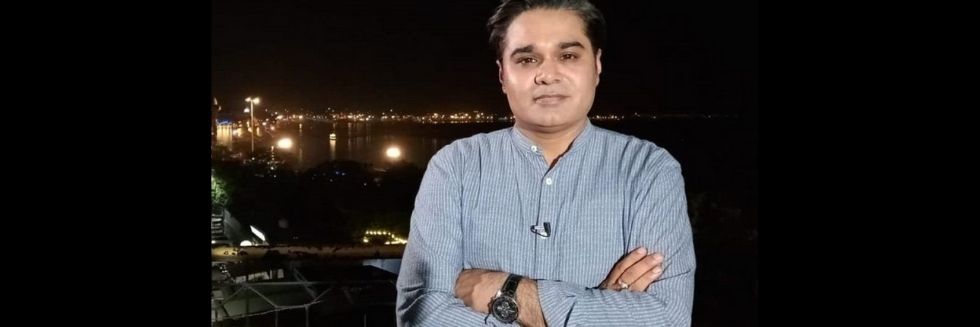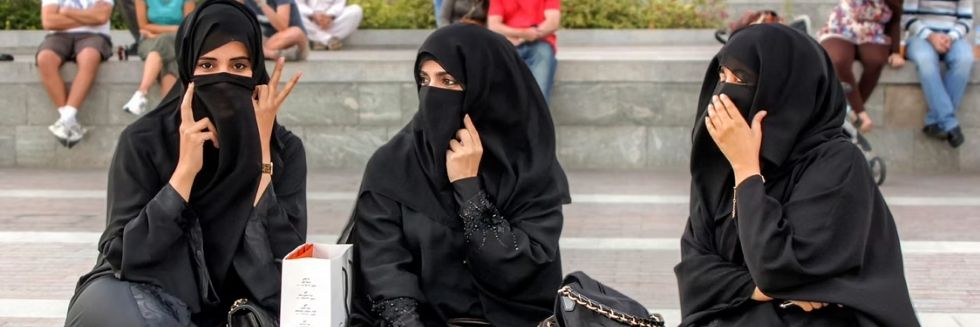Delhi High Court noted that merely one or ‘occasional acts of adultery’ in isolation doesn’t amount to ‘living in adultery, and therefore, doesn’t disentitle a wife from receiving maintenance after divorce.
Justice Chandra Dhari Singh emphasized that the law signifies that only continuous and repeated acts of adultery and/or cohabitation in adultery would attract rigours of the Section 125(4) of CrPC.
As per Section 125(4) of the Code of Criminal Procedure, no Wife shall be entitled to receive an allowance from her husband if she is living in adultery, or if, without any sufficient reason, she refuses to live with her husband, or if they are living separately by mutual consent.
“The codified law and judgments of various High Courts settle the position with respect to bar of adultery for grant of maintenance in favour of the wife. The law mandates that in order to extract the provision under Section 125(4) of the Cr.P.C. the husband has to establish with definite evidence that the wife has been living in adultery, and one or occasional acts of adultery committed in isolation would not amount to ‘living in adultery’,” the court noted.
The bench was hearing a petition filed by a man seeking setting aside of the order and judgment (31st July 2020) given by an Additional Principal Judge, Family Court, Tis Hazari Courts.
The court had asked the husband to pay maintenance of Rs. 6000 per month from 14th February 2012 to 28th February 2013, Rs. 6000 per month from 1st April 2014 to 31st December, 2015, Rs. 7000 per month from 1st January 2016 to 31st July 2020 and Rs. 15,000 per month from 1st August 2020 till the life of the wife or her remarriage.
They got married on April 9, 2000. But their relationship turned sour as several criminal and civil cases, complaints and FIRs were filed by both of them against each other.
The husband submitted that the wife is highly competent in maintaining herself and was earning sufficient income. He also stated that the wife conceded her income during the cross-examination.
He alleged that the wife deserted him and started living with another man as a couple. Therefore, he had filed the petition on the grounds of cruelty, adultery and desertion as well as the fact that the woman was capable of maintaining herself.
However, the bench noted that cruelty is not a bar in the right of wife to claim maintenance. The bench added that law emanating from precedents of the Supreme Court and High Courts has established the position that the ground of cruelty does not disentitle a wife of her right to maintenance because even in cases where divorce is granted on the ground of cruelty, courts have awarded permanent alimony to the wife.
“The grant of maintenance by a husband towards his wife, children and parents is subject to the conditions laid down in the provision. With regard to maintenance to wife, it is evident that a husband must provide maintenance as awarded to wife when she is unable to maintain herself, and only if the exceptions as mentioned above are existing, can the husband escape his duty of paying maintenance,” the bench noted.
Justice Singh added that therefore grounds of cruelty and harassment did not stand ground for non-payment of the maintenance.
The bench stated, “Hence, it is found that the law, as interpreted by the High Courts of the Country, evinces that only continuous and repeated acts of adultery and/or cohabitation in adultery would attract the rigours of the provision under Section 125 (4) of the Cr.P.C.”
“The law of maintenance of the country, including Section 125 of the Cr.P.C. are welfare laws that exist to ensure that the wife, children and parents of an able and capable man are not left to become destitute in cases when they themselves are not capable of maintaining themselves. However, the recent practice has become to abuse the process of law and escape the liability that is imposed upon the husband on contentions that hold no ground,” the court added.
“The order of maintenance has been challenged despite there being clear mandate of law regarding all the questions led by the petitioner. In light of the mandate of law under Section 125 of the Cr.P.C., the observations of the High Courts, and facts and circumstances of the present matter, this Court is not inclined to allow the instant petition, since the petitioner has failed to show any ground for challenging the order under the revisional jurisdiction of this Court,” the bench noted.






